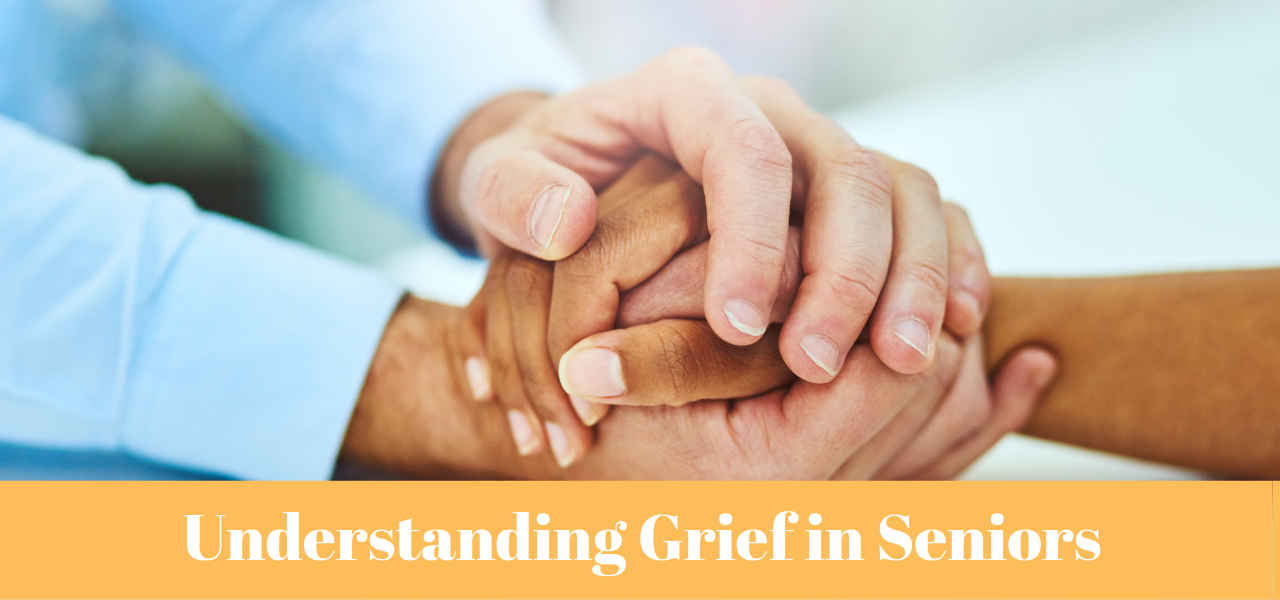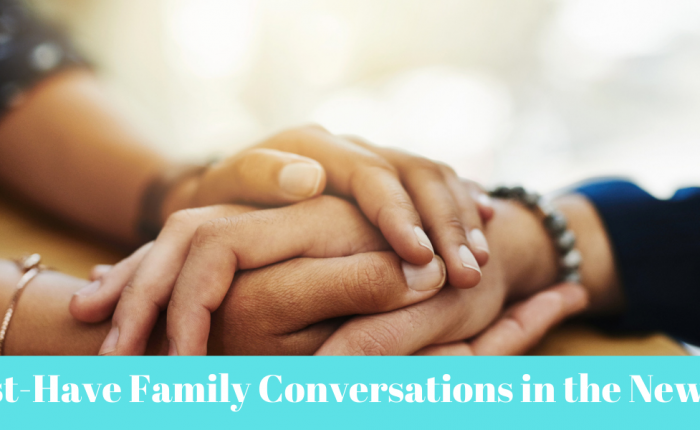
With age comes an abundance of change. From moving away from family homes or coping with a terminal diagnosis to the loss of loved ones, the changes that come with age can be jarring and bring about seasons of grief.
Learn more about the important differences between depression and grief, the stages of grief, and how to help a loved one walk through the grieving process.
Is it Grief or Depression?
Losing a loved one or making a major life change can bring on periods of sadness, anxiety, and guilt. People who have experienced devastating loss or other tragedy describe feeling nauseous, tearful, restless, guilty, and having deep feelings of sadness. While many of these symptoms overlap with depression, the two experiences are different and need to be treated as such.
The American Psychiatric Association notes distinct differences between the two conditions. People going through depression may experience the symptoms of grief in addition to the symptoms of depression.
Experience Leisure Care Senior Living
Grief |
Depression |
|
Sadness, despair, mourning |
Feelings of worthlessness |
|
Fatigue or low energy |
Helplessness |
|
Tearful |
Suicidal thoughts |
|
Loss of appetite |
Loss of interest in activities or hobbies |
|
Poor sleep |
Exaggerated fatigue |
|
Poor concentration |
Agitation |
|
Happy and sad memories |
Low self-esteem |
|
Mild feelings of guilt |
Exaggerated guilt |
|
Feeling eventually remit and individuals return to equilibrium and normal life. |
Feelings are unrelenting and carry a real danger of suicide. Daily functioning is impaired. |
If you have any concern that you or a loved one is suffering from depression, contact a medical professional.
Stages of Grief
While the journey through grief is different for every person, there are five stages of grief that a person typically experiences. These stages are not meant to package a very raw emotion into a box, but rather to help people frame and identify emotions through the grieving process. They are not linear and not every person will go through every stage.
1. Denial
Denial is the first stage and helps a person survive the loss. The world may become overwhelming and the person enters a state of shock and denial. Helping us pace our feelings, denial makes moving on possible and is a normal reaction to normalize overwhelming feelings. It’s a common defense mechanism and serves as a buffer against pain.
2. Anger
As denial fades, anger often emerges. The anger may be directed at anything or anyone, even the person who passed. As the person acts out of anger, feelings of guilt emerge, increasing the anger. This is another coping mechanism that deflects pain and moves it outward onto those around us.
3. Bargaining
Bargaining is an attempt to gain control of an often uncontrollable situation. This stage is a series of “If only…” statements. We may make a deal with a higher power to postpone the inevitable or change the outcome and delay the pain.
4. Depression
Different than a major depressive episode, depression in the grieving process is sadness and regret related to the loss. Helpful cooperation and kind words are meaningful and can help a person move on to this stage into acceptance.
5. Acceptance
This is not a phase of happiness but rather withdrawal and calm. Here, a person exhibits grace and dignity while coping with a terminal illness or the loss of a loved one.
Helping a Loved One Through Grief
Watching a loved one grieve can be painful and family and friends often feel helpless. While often no one can take away the pain or change the circumstances causing grief, there are things you can do to help a loved one walk through the process.
Reach out
Your first reaction may be to leave your loved one to process things and then be there in the aftermath. Some are afraid that reaching out will remind them of the bad news. The truth is that your loved one did not forget about what is causing them pain and knowing someone cares can be incredibly comforting. Just a small text, “thinking of you” or a handwritten note can make a person’s day a little brighter when it is needed the most.
Acknowledge the pain
It’s okay to acknowledge that things are hard right now. Trying to mitigate the situation or reminding your loved one that “it could be worse” is not helpful. Be prepared to sit with them in their grief.
Listen
Your loved one may not be in a place to talk about what is going on. If they are and they initiate the conversation, make space for them without interjecting your own thoughts or opinions. It is tempting to attempt to ‘solve’ their problems, but it’s unlikely that anything you say or do will truly fix the problem.
Connect them with others going through something similar
If you know someone who has walked a similar path, offer to connect your loved one. Connecting people who have suffered in a similar way will help your loved one know he or she is not alone.
How have you helped a loved one through his or her grief? What was most helpful to you in the grieving process? Share your experiences with us in the comments below.
Find a Leisure Care Community
Better with age, exceptional with us! Come and see how Leisure Care communities are helping seniors rediscover (and sometimes reinvent) themselves.








